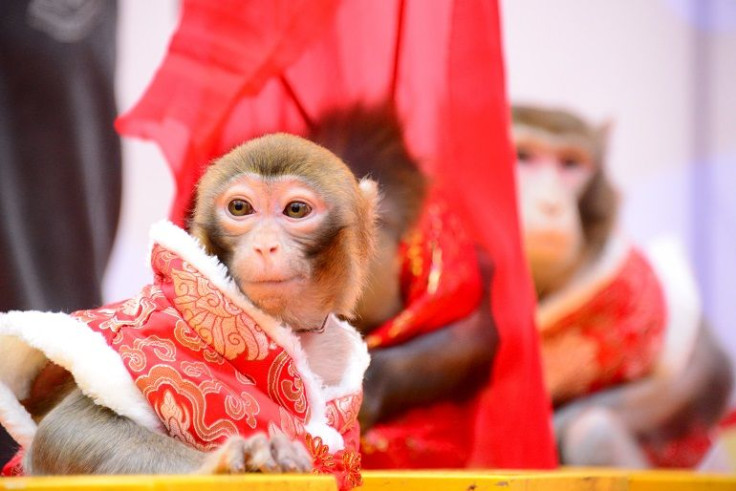
Studies on macaques so far suggest that coronavirus infection may build sone immunity that offers protection from a second infection – a fundamental principle on which most of the COVID-19 vaccines being developed around the world work.
A study published on Wednesday, May 20, shows that SARS-CoV-2 infection-induced protective immunity in monkeys, protecting them against re-exposure. This strongly indicates that a COVID-19 vaccine may work in humans as well.
During the experiment, the researchers infected monkeys with coronavirus and they immediately developed pneumonia, similar to how humans respond. They were infected again after five weeks, however, the virus was not able to manifest itself this time. Therefore, the researchers concluded that they may have developed an immunity against coronavirus.
However, the duration for which this immunity lasts is not clear as yet. Nonetheless, the same response is expected in humans as well.
The way how a vaccine works is simple. Most of the COVID-19 vaccines being developed at the moment uses most of the part of the SARS-CoV-2. When injected, the foreign viral elements generate an immune response in the human host to act against the virus and kill it.
The dosage of the foreign material of the virus can gradually be increased to elicit the required immune response. The immune system then is known which antibodies to produce against the foreign antigen the next time it attacks, thus protecting against the same virus in the future.
A second study published the same day reported that monkeys who received a shot of an injection containing genetic instructions to make the “spike-like” structures, similar to the ones present on the surface of coronavirus, showed much lower levels of virus in the respiratory tracts as compared to those who did not receive the shot.
The team used four different versions of DNA vaccines on monkeys in this study.
Over 100 COVID-19 vaccines are currently being developed globally. In a race to who comes up with coronavirus antidote first, scientists first have to fully understand the immune response generated by different components in humans and the right types of antibodies that need to be generated for a safe and effective action against the novel virus.
© 2025 Latin Times. All rights reserved. Do not reproduce without permission.




